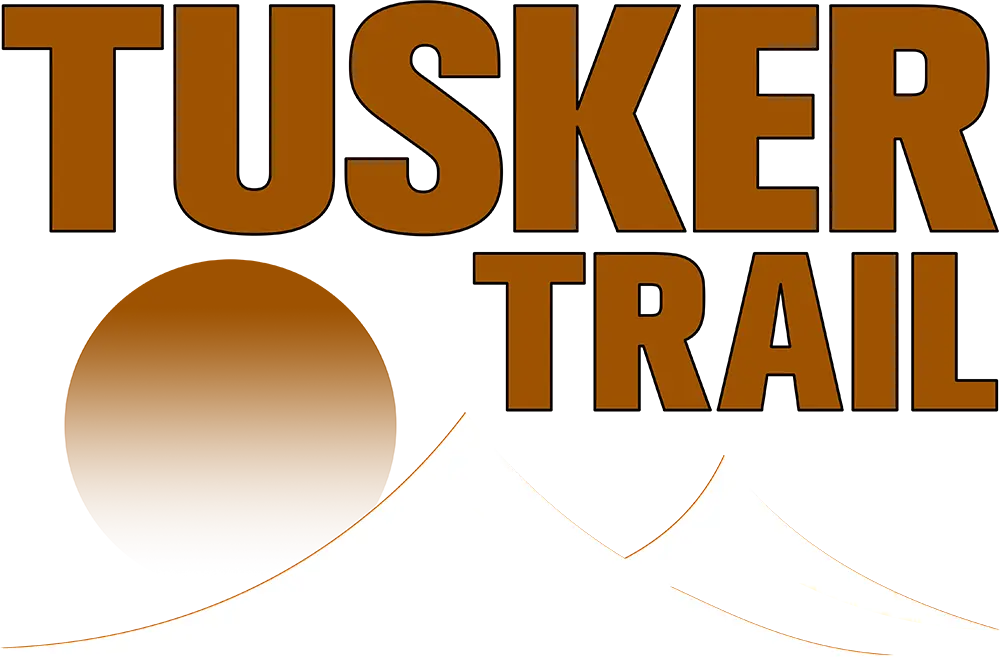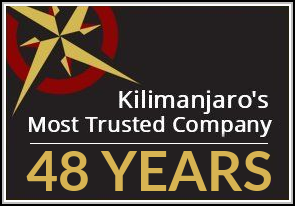International:
North America:
Menu

THE KINGS OF KILIMANJARO
International:
North America:
- Home
- Kilimanjaro Climb
- Kilimanjaro Planner
- Other Treks
- About Us
- Dates + Prices + Booking
- Contact
International:
North America:

THE KINGS OF KILIMANJARO
International:
You’ll quickly come to realize that the Tusker Trail climbing crew is not just a team, it is family. Decades of experience and a fierce loyalty to the Tusker family have forged a tightly knit bond among our climbing team. And as you journey to the summit, you’ll find that these seasoned veterans become more than just guides and porters, they become friends.
Hiking ahead of your group, they set up camp, giving your chef time to prepare hot meals for you soon after your arrival. As you approach Tusker’s mountain camp you’ll notice that your full size stand-up/walk-in tent has been set up with precision and care, neat, warm and cozy, with a comfortable mattress and your duffel ready to be unpacked.

Over the years porters have been treated poorly and neglected by numerous Kilimanjaro climbing companies. KPAP is the Kilimanjaro Porter Assistance Project whose mission is to improve porter working conditions by promoting socially responsible Kilimanjaro climbs.
Tusker maintains a rigorous porter support program, and has done so for decades. Since the inception of KPAP, when Tusker helped the organization establish benchmarks for climbing standards, Tusker has helped consult with the organization and maintains an ongoing membership.
In The Community
We understand that our success is inextricably linked to the well-being of the communities in which we operate. In fact, we spend 60% of our total revenue in Moshi Tanzania. This is in addition to the thousands of people in Moshi that benefit from our spend in the hotels, shops and local markets. Tusker also financially supports the MSANDAKA SCHOOL FOR THE DEAF.
Throughout the climbing year Tusker employs:
KPAP Program Manager Speaks…
KAREN VALENTI – Only some of the companies climbing Kilimanjaro adhere to our guidelines for proper porter treatment. Our goal is to educate the public so they can make an informed decision in choosing a conscientious company.
Eddie Frank has always been a financial supporter of the International Mountain Explorers Connection. Since my being associated with KPAP, he took on the role of adviser. Eddie has also designed and sponsored our original website. It makes perfect sense that he supports KPAP because he has always been 100% dedicated to making sure porters get paid well and are treated fairly. He also brings the knowledge and experience he has gained over the years from doing business and offering adventure trips in Tanzania.
Without porters, no one would be climbing to Kilimanjaro’s summit. When someone says “I climbed Kilimanjaro” remember that they could never have done it without the porters and guides on the mountain.
Your porter crew, as with your guides, have many decades of summits under their belts and each one of our crew is fully equipped and supported during their climbs. The health of every team member, as with our climbers, is paramount. Every person on a Tusker climb, which include our clients and our crew, receives a twice daily medical check-up. Since our early climbs almost five decades ago we’ve been at the forefront of maintaining a high standard of climbing standards for our crew.
Tusker Trail is deeply involved in the local community. Tusker Trail’s goal of helping less fortunate citizens reaches way beyond our guides and porters.
One of the projects that Tusker is actively involved in supporting is the MSANDAKA DEAF SCHOOL, which is a boarding school for children who have effectively been orphaned because of their handicap. There are currently over 70 kids of all ages in the school. Many years ago, Tusker was one of the early supporters of the Amani Children’s Home in its formative years. Since then, Amani has grown, and has had a positive impact on the community by providing a haven for orphaned kids.